Helping You Recover and
Thrive After Birth
Postpartum care is a crucial aspect of a mother's journey that often
receives less attention compared to prenatal and childbirth
preparations.
Postpartum care is a crucial aspect of a mother's journey that often receives less attention compared to prenatal and childbirth preparations. However, it plays a vital role in a woman's overall well-being and sets the foundation for her recovery and adjustment to motherhood. At Revitalize PT, we understand the significance of postpartum care and have designed a comprehensive program to support women during this transformative period.
By addressing common postpartum symptoms, promoting recovery and healing, facilitating a safe return to physical activity, providing support for breastfeeding, and emphasizing the importance of building a strong support system, our program aims to help you thrive after birth.
Understanding Common Postpartum Symptoms
After giving birth, women often experience various postpartum symptoms that can impact their daily lives. These may include pain, incontinence, and diastasis recti (separation of the abdominal muscles). While these symptoms are common, it is crucial to understand that they are not normal and should not be ignored.
Our program focuses on providing effective techniques and exercises to manage these symptoms and promote healing. We go beyond traditional Kegel exercises and emphasize pelvic floor relaxation, as over-activity of the pelvic floor can be a contributing factor to these symptoms.
To ensure comprehensive care, it is important to go beyond simply recommending Kegel exercises. Approximately 80% of women perform Kegels incorrectly. It is essential to consider pelvic floor relaxation as well incorporating the core and hip muscles into exercises. Based on our extensive experience with hundreds of patients at our Milwaukee offices, we have observed that focusing solely on strenuous exercises may not yield the desired result.
More women have pelvic floor over-activity which requires relaxation not strengthening.
The postpartum recovery process is unique for every woman. It involves physical healing, emotional adjustments, and establishing new routines. Prioritizing postpartum healing is essential for reducing the risk of complications and ensuring overall well-being. Our program offers valuable tips for self-care and rest, which are crucial for your recovery journey. By incorporating these practices, you can optimize healing and promote a positive transition to motherhood.
Recovery and Healing After Birth
Returning to Physical Activity
Physical activity plays a significant role in postpartum recovery, offering benefits such as improved mood, increased energy levels, and rebuilding strength and endurance. However, it is essential to approach this phase with caution and work with a pelvic floor physical therapist in order to return to exercise without causing or exacerbating any common postpartum issues.
Our program provides guidance on when it is safe to return to physical activity and offers exercises specifically designed for postpartum women at various stages of their postpartum journey. By following these recommendations, you can gradually rebuild your strength and regain your pre-pregnancy fitness levels safely.
Support for Breastfeeding
Breastfeeding is a beautiful and natural way to nourish your baby, providing them with essential nutrients and promoting a strong bond between mother and child. However, it's important to be aware of the potential challenges that can arise, including the impact on your posture and the potential for back pain.
Your body produces a hormone called relaxin during pregnancy that helps the joints and ligaments loosen in order to expand for delivery. This hormone continues to be produced while breastfeeding so women often have joint laxity in the postpartum period if they are nursing. Due to this, the bones and joints can shift slightly which makes your muscles work harder to help stabilize the area. This can lead to tightness in the muscles and ultimately pain or soreness.
Gentle stretching can help alleviate muscle tightness and also help decrease pain. If you don’t notice a change in your pain, pain is worsening, or it is limiting your activity or ability to properly care for your little one, seeking help from a medical professional such as a pelvic floor physical therapist, can help. These symptoms may indicate issues with your healing and are also problematic when they are affecting activities in your day-to-day.
Building a Support System
The postpartum period is a time of significant adjustment and transition for new mothers. It is essential to recognize the importance of building a strong support system during this time to ensure your well-being and facilitate a smoother transition into motherhood. The postpartum period can bring a range of emotions, physical challenges, and increased responsibilities. Having a support system in place can make a world of difference in your postpartum journey.
Here's why it is crucial:
Emotional Support: The emotional well-being of a new mother is vital. Having people around who understand and empathize with your experiences can provide comfort, reassurance, and a safe space to express your feelings. Emotional support can help alleviate stress, reduce the risk of postpartum mood disorders, and enhance overall mental health.
Assistance with Daily Tasks: Caring for a newborn can be physically demanding and time-consuming. A support system can lend a helping hand with household chores, cooking meals, running errands, or taking care of older siblings. By sharing the workload, you can focus on self-care, rest, and bonding with your baby.
Here are some tips for building a support system during the postpartum period:
Seek Support from Family and Friends: Reach out to trusted family members and friends who can offer support. Communicate your needs and let them know how they can assist you during this time. Whether it's help with household tasks, cooking meals, or simply lending an empathetic ear, loved ones can play a significant role in your support system.
Join Postpartum Support Groups: Consider joining postpartum support groups, both online and in your local community. These groups provide a valuable platform to connect with other mothers who are going through similar experiences. Sharing stories, advice, and resources can foster a sense of belonging and create lasting friendships.
Connect with Healthcare Professionals: Stay in touch with your healthcare provider, such as your obstetrician, midwife, or lactation consultant. They can offer guidance, answer your questions, and provide referrals to additional support services.
Explore Online Resources: Utilize online resources, forums, and communities specifically designed for new mothers. These platforms offer a wealth of information, advice, and an opportunity to connect with a broader network of individuals who can relate to your experiences.
Consider Hiring Professional Support: If needed, explore the option of hiring professional help, such as a postpartum doula or a lactation consultant. These professionals can provide specialized support, guidance, and education tailored to your specific needs.
By seeking support from family, friends, healthcare professionals, and joining support groups, you can create a strong network of individuals who will be there for you during this transformative time. Remember, you don't have to navigate motherhood alone—reach out and build your support system today.
CONCLUSION
Postpartum care is a vital component of a mother's journey, and at Revitalize PT, we recognize its significance in promoting recovery and helping women thrive after birth. Our comprehensive program addresses common postpartum symptoms, facilitates healing and recovery, supports a safe return to physical activity, provides guidance for successful breastfeeding, and emphasizes the importance of building a strong support system.
We invite you to join our program, receive the support you deserve, and embark on a postpartum journey that prioritizes your well-being, promotes healing, and sets the foundation for a fulfilling motherhood experience. Remember, you don't have to face the postpartum period alone—let us guide you towards a healthy and empowered postpartum journey.






